The Potential Dangers of Atrazine on the Human Hormonal System and how to detoxify the body using DIM
Introduction:
Atrazine is a widely used herbicide and one of the most commonly detected pesticides in water sources worldwide. While it has been extensively used to control weeds in agriculture and landscaping, concerns have been raised regarding its potential impact on human health and the hormonal system. This article aims to explore the possible dangers of atrazine on the human hormonal system and how to detoxify using DIM.
Understanding Atrazine:
Atrazine is a selective herbicide primarily used in corn and sugarcane farming. It is known for its effectiveness in preventing broadleaf and grassy weeds, making it a preferred choice for many farmers. However, due to its water solubility, atrazine can easily leach into nearby water sources, leading to widespread contamination.
Atrazine's Effect on the Hormonal System:
1. Endocrine Disruptor: Atrazine has been identified as an endocrine disruptor, meaning it has the potential to interfere with the normal functioning of the hormonal system. Research has shown that atrazine can disrupt the production, release, and signaling of hormones, particularly those involved in reproductive and developmental processes.
2. Estrogenic Effects: Atrazine has been found to exhibit estrogen-like effects in laboratory animals and some human studies. This means that it can mimic the actions of estrogen in the body, which may contribute to hormonal imbalances and disorders.
3. Impact on Thyroid Function: Studies have also suggested that atrazine exposure can alter thyroid hormone levels and adversely affect thyroid function. The thyroid gland plays a crucial role in regulating metabolism, growth, and development, so any disruption in its function can have far-reaching consequences.
Detoxifying with Diindolylmethane (DIM):
While avoiding exposure to atrazine and other pesticide residues is ideal, it may not always be possible. Thankfully, there are steps one can take to support the body's natural detoxification processes and minimize the potential effects of hormonal disruptors.
One natural compound that has gained attention for its potential detoxification properties is diindolylmethane (DIM). Found in cruciferous vegetables like broccoli, DIM has been shown to have antiestrogenic effects and may help protect the body against environmental toxins.
1. Enhancing Estrogen Metabolism: DIM supports the body's ability to metabolize estrogen, promoting the formation of beneficial estrogen metabolites while reducing the production of harmful metabolites. This can help maintain a healthy hormone balance and minimize the impact of estrogenic substances like atrazine.
2. Support for Liver Function: DIM also aids in liver detoxification processes by promoting Phase II enzyme activity. These enzymes play a crucial role in breaking down and eliminating toxins from the body. By supporting liver function, DIM helps the body eliminate harmful substances, including hormonal disruptors.
3. Antioxidant and Anti-inflammatory Effects: DIM possesses antioxidant and anti-inflammatory properties, which can help reduce oxidative stress and inflammation caused by exposure to hormonal disruptors. By mitigating the damage caused by these toxins, DIM supports overall health and well-being.
Incorporating DIM into Your Routine:
To reap the potential benefits of DIM, consider the following:
1. Dietary Sources: Increase your intake of cruciferous vegetables such as broccoli, cauliflower, Brussels sprouts, and kale. These vegetables are rich sources of DIM and other beneficial compounds.
2. DIM Supplements: Consider taking DIM supplements for a more concentrated dosage. Consult with a healthcare professional to determine the appropriate dosage and potential interactions with any medications you may be taking.
3. Balanced Lifestyle: Remember that detoxification is a holistic process. Support your body's natural detoxification pathways by adopting a healthy lifestyle, which includes regular exercise, adequate sleep, and a wholesome diet rich in fruits, vegetables, and whole grains.
Conclusion:
Pesticides like atrazine and plastics containing hormonal disruptors are a growing concern due to their potential impact on the human hormonal system. Atrazine, in particular, has been linked to disruptions in hormone production and signaling, as well as estrogenic effects and thyroid dysfunction. While avoiding exposure to these substances is ideal, it may not always be possible.
To support the body's natural detoxification processes and minimize the effects of hormonal disruptors, incorporating diindolylmethane (DIM) into your routine can be beneficial. DIM, found in cruciferous vegetables and available as a supplement, has shown promising antiestrogenic effects and supports estrogen metabolism, liver function, and overall detoxification.
Remember to consult with a healthcare professional before starting any new supplement, especially if you have underlying health conditions or are taking medications. By taking steps to minimize exposure to hormonal disruptors and support the body's natural detoxification process, we can strive towards a healthier hormonal balance and overall well-being.
‘Safe’ herbicide in Australian water affects male fertility

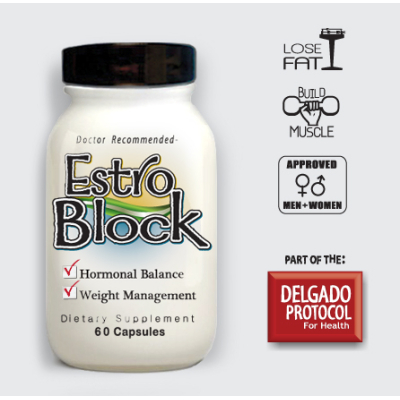
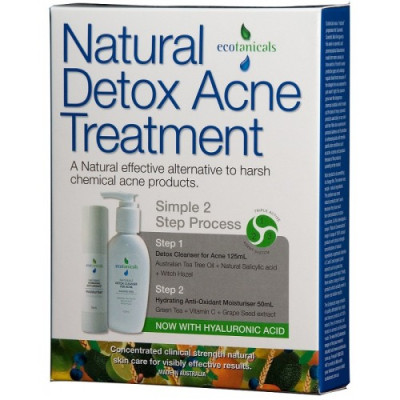
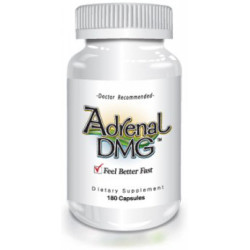

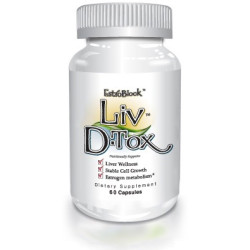
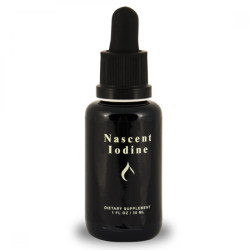
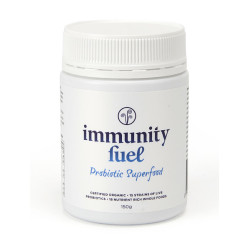
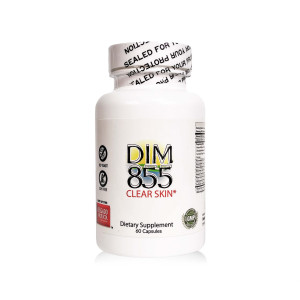
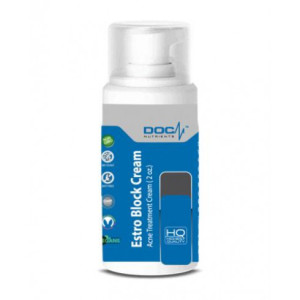
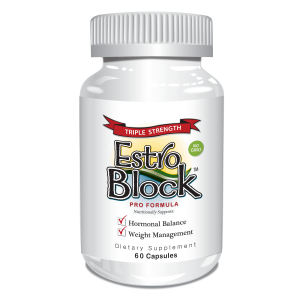
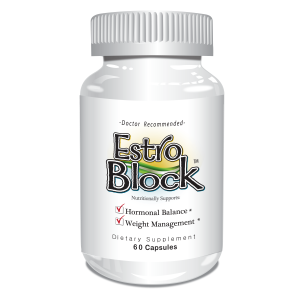
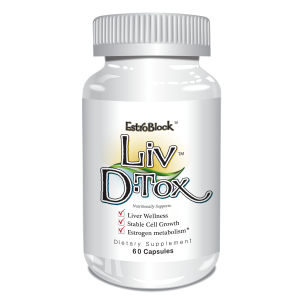
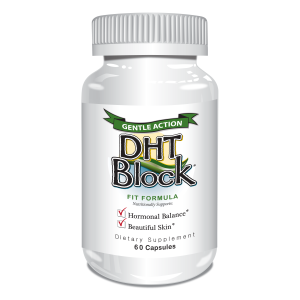
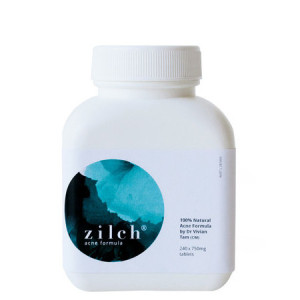
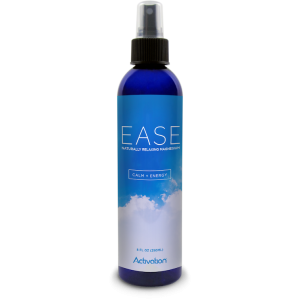

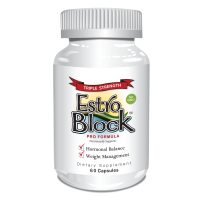

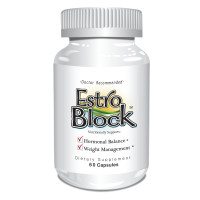

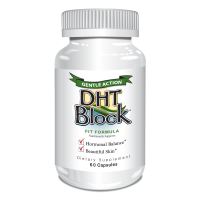
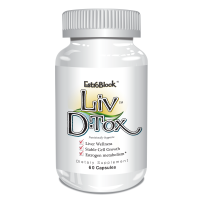
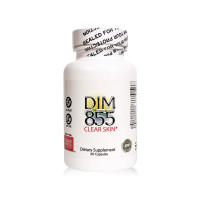
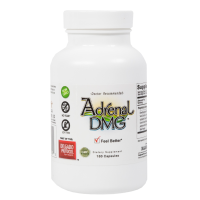

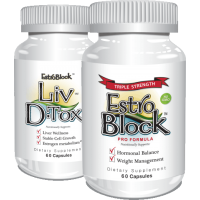

Leave a Comment